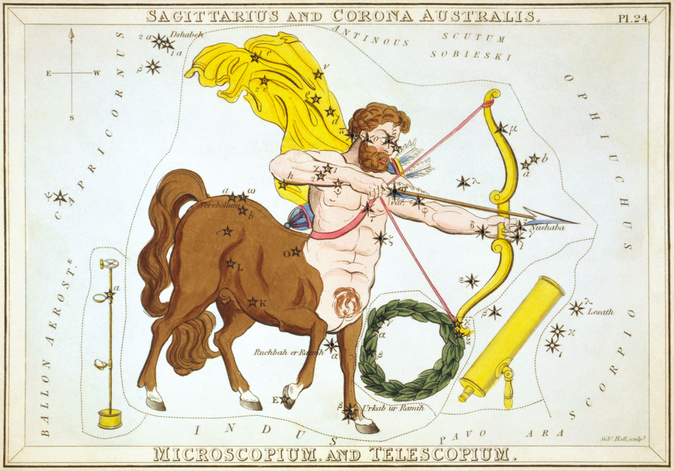|
Volume 20, Issue 10 This vaccination rollout has felt like the worst group project imaginable. I never thought I would have to again depend upon the kids in high school science who did nothing during class – not after VCE. But alas, the freedom of my family, friends, and myself now depends upon these people yet again. Without coercive measures of sorts, the vaccine hesitancy of these individuals would likely have prevailed. Now, hopefully, it won’t. Vaccines provide individual protection (in most cases), but they work best in their ability to create herd immunity. The concept of herd immunity is simple: the more people vaccinated, the fewer people there are who are able to carry the virus and facilitate its replication for prolonged periods of time. Thus, there is less virus around. This is especially important because vaccines don’t actually produce efficacious immune responses in all individuals (esp. the elderly, immunocompromised, etc), nor are all individuals safely able to get vaccines for health reasons. I used to think vaccine hesitancy was pure selfishness – and I still do, to some extent – but now I can also appreciate the effect the government’s poor vaccine messaging has had on vaccine uptake. The COVID-19 vaccines are safe – they have been approved by Australia’s thorough, rigorous standards. Of course, there are risks associated with the vaccines, but that is literally the case for most medicines and vaccines. Yet, these COVID-19 vaccines have been utterly demonised by people who should have known better, even before they were deemed mandatory. We are living through the first coronavirus pandemic in recorded history. Consequently, coronaviruses, unlike the plethora of influenza strains, have not been studied as thoroughly, making them unpredictable. Neither SARS nor MERS became pandemic, ultimately disappearing by themselves– SARS-CoV-19 (COVID-19) has not. Scientists have been trying to make a coronavirus vaccine since the SARS outbreak (2002-2004) and their research has essentially culminated in the production of the vaccines we can freely access today (albeit, for a different coronavirus). The biotechnology that went into the production of the Astra-Zeneca, Moderna, and Pfizer vaccines in Australia all benefited from years of SARS-initiated research and, of course, supercharged funding. People don’t realise how poorly funded medical research usually is, and how this inevitably affects the speed in which new medicines and prophylactics are produced. Gardasil is another vaccine that was produced during my lifetime, and yet that vaccine did not face similar scrutiny. Deaths have been associated with Gardasil too, but maybe the vaccine escaped scrutiny because it was administered exclusively to teenagers and created by an Aussie.
Human rights communication has also been atrocious – those campaigning that lockdowns and other health measures are against human rights are ignoring the fact that under international law we all have a right to health too and this right is, in many circumstances, paramount. We need to get vaccinated because coronavirus is an RNA virus, and RNA is an inherently unstable molecule, prone to mutating (although, less rapidly than for influenza strains). Mutations can potentially be deadly, as evidenced by the increased infectivity (although, decreased virulence) of the delta variant of SARS-CoV-19. If SARS-CoV-19 mutates again, things could potentially become a lot worse (or perhaps better) – the point is that we cannot know for sure. Thus, I welcome the call to make vaccines mandatory, especially applauding Melbourne University’s stance on the matter. Misinformation has infiltrated the public sentiment, injuring those who are most susceptible to SARS-CoV-19. It is time to take assertive action. Submitted by a third year JD student Comments are closed.
|
Archives
October 2022
|



